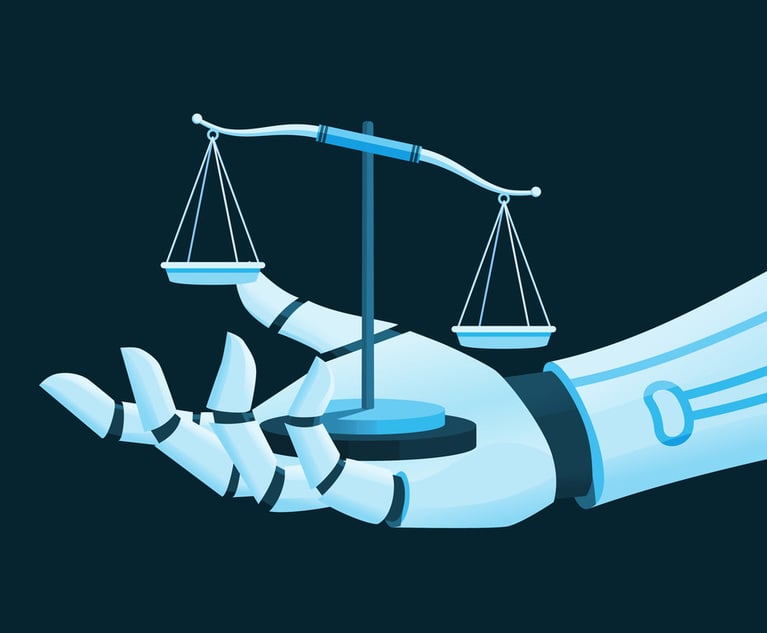 Insurers, attorneys and claims professionals grapple with the overwhelming volume and intricacies of manual data retrieval processes. AI can help expedite these processes (Credit: aniqpixel/Adobe Stock)
Insurers, attorneys and claims professionals grapple with the overwhelming volume and intricacies of manual data retrieval processes. AI can help expedite these processes (Credit: aniqpixel/Adobe Stock)
Amidst a surge in nuclear verdicts, surpassing $10 million in civil cases, the legal landscape encounters substantial challenges.
Recommended For You
Want to continue reading?
Become a Free PropertyCasualty360 Digital Reader
Your access to unlimited PropertyCasualty360 content isn’t changing.
Once you are an ALM digital member, you’ll receive:
- Breaking insurance news and analysis, on-site and via our newsletters and custom alerts
- Weekly Insurance Speak podcast featuring exclusive interviews with industry leaders
- Educational webcasts, white papers, and ebooks from industry thought leaders
- Critical converage of the employee benefits and financial advisory markets on our other ALM sites, BenefitsPRO and ThinkAdvisor
Already have an account? Sign In Now

